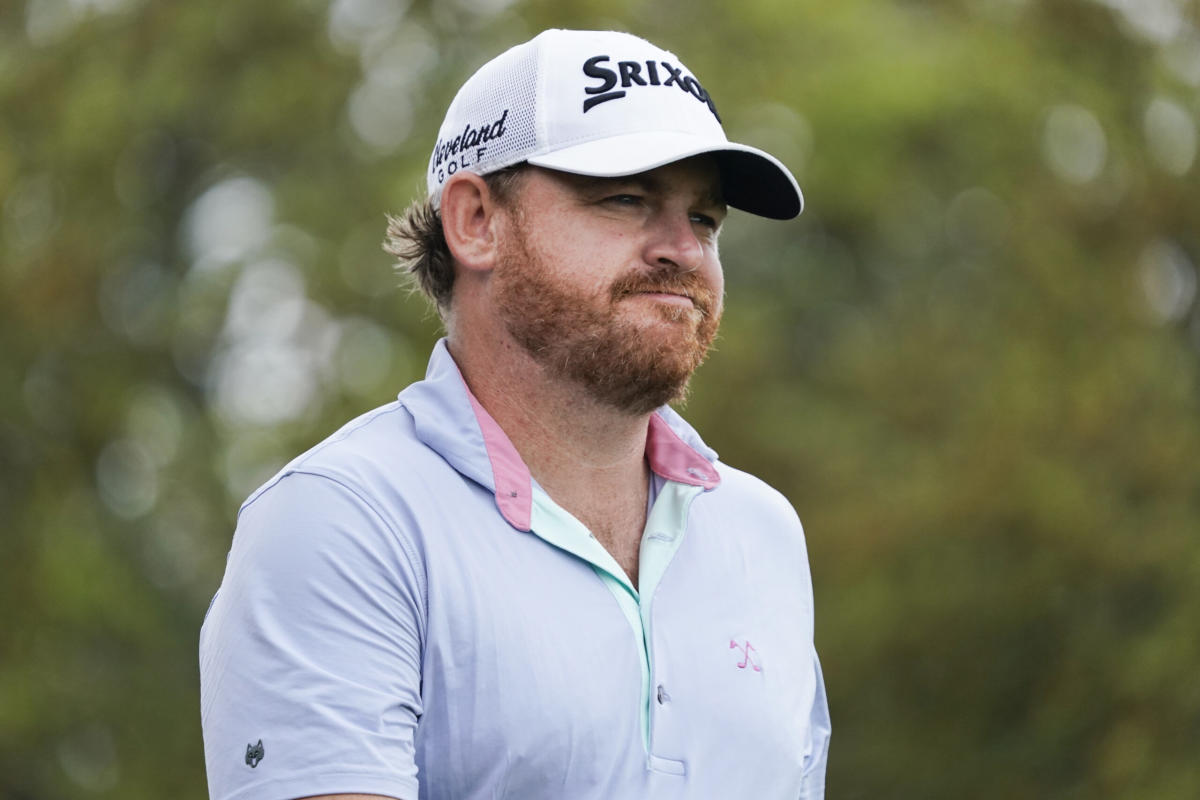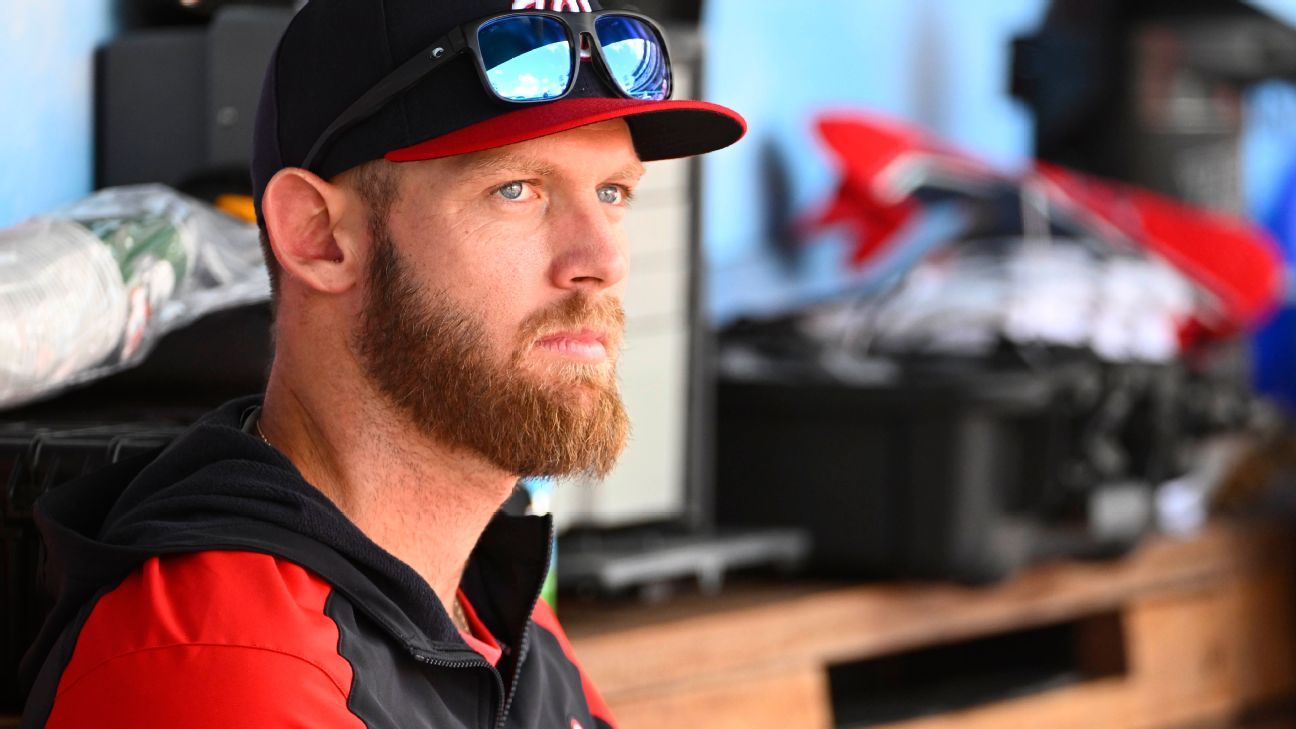PGA Tour player Michael S. Kim is quickly rising the ranks as one of the best pro golfer follows on Twitter. He's not just funny and opinionated, but he also sprinkles in some really useful stuff for the rest of us. When the rest of us think about tour players and their beautiful golf swings...

apple.news
So this is interesting…..the topic of “swing thoughts”……and I must say….I have NEVER utilized a swing thought with any consistency, and certainly not like I’m reading PGA Tour player Michael Kim says he (and other Pros) do even on the course. In the Tweet and subsequent replies, he gives up some interesting things…..like….
someone finally asked him his most common one…
I may need to tinker with one swing thought myself now….
Kim's advice is pretty standard: "have one simple swing thought". Some guys really can hold several at a time. Nicklaus claimed he could have 5-6 at once. But most people aren't Jack Nicklaus.
Maybe the best argument for concentrating on the shot as opposed to just wandering around the course in a daze and hoping things will work out is Bobby Jones' warning against "mental daisy picking".
My tinkering with the swing and flitting from one swing thought or multiple thoughts to another is the shit of legends. I've tried it all. The temptation to experiment is strong and I'll often change during a round to see what works vs what doesn't. This isn't great for scoring but it seems useful, up to a point. Never grooving the same things day to day leads to a vicious cycle of trial and error.
But overall I believe swing thoughts are useful for a few reasons we've probably discussed.
One is just distraction from things that can harm your swing. If you're focusing on one thing you're not focusing on the million other things that can f*** you up. Bad thinking produces bad shots more often than not.
Another reason for having a swing thought is obviously focusing on something you DO need to control, or that makes your swing more effective. But this tends to wear off with time and it's probably related to both novelty (including the distraction/focus factor) but also the tendency of bad habits to creep in while you're over-relying on one specific thing and no longer paying attention to something else.
For example if you use "weight transfer" like Kim does at times then maybe you end up lunging, and maybe your neural pathways that were controlling your release start losing their automation. Maybe you have to start paying more attention the clubface than before. But then you have issues with path or something else.
And so on to infinity.
This is why Snead played with whatever thought he found on the range before the round and Miller said they expire after about 3 weeks. But Byron Nelson went through his win streak just thinking about pointing the back of his left hand at the target at impact. So who the hell knows.
Personally I believe swing thoughts that are not only simple but tuned to your particular learning or performance style are best (auditory, visual, or kinesthetic). I would say actually hearing the words in your mind counts as auditory even if it's describing a kinesthetic action unless you really feel that action beforehand. Truly kinesthetic swing thoughts are remembered or rehearsed feelings. Visual should be obvious.
And I would say the long-term or general effectiveness of any swing thought is related to how close it is to a fundamental movement, how much it frees your mind to perform everything else on autopilot, and how sound it is with regard to the actual physics of the golf swing and ballflight laws.
What I mean by this is if you think "Full shoulder turn" for some reason then that's probably going to work for a little while depending on how key that move is to your own swing, because it's not really likely to improve your accuracy on its own other than freeing your mind and maybe getting you to turn.
Contrast that with something that allows the clubhead to release from a position inside the swing plane to square, for example, as that's more likely to result in consistent contact than a general feeling of the torso. But if you start overthinking everything else you're doing you'll still hit the ball sideways.
It all depends on how much you've practiced certain moves and shots, and what's more grooved vs what still needs to be consciously managed to some extent.






